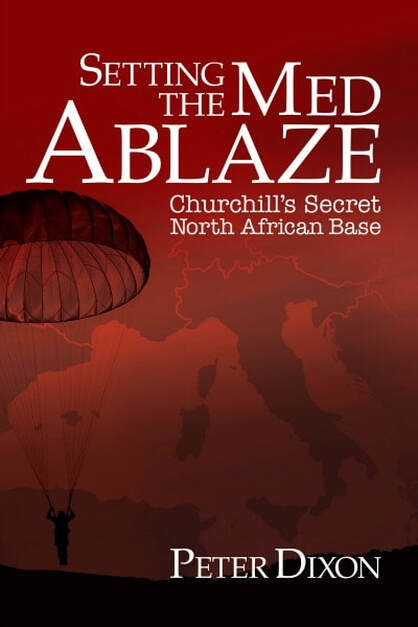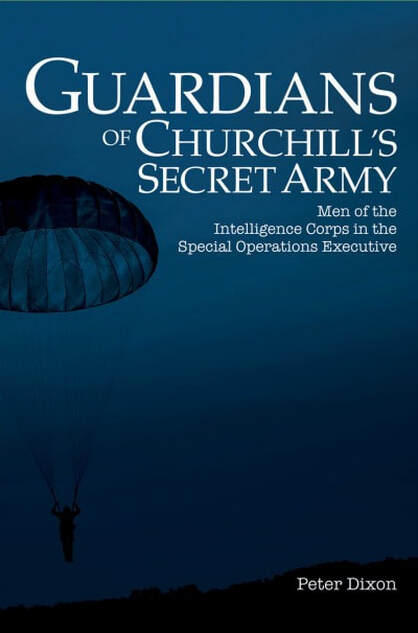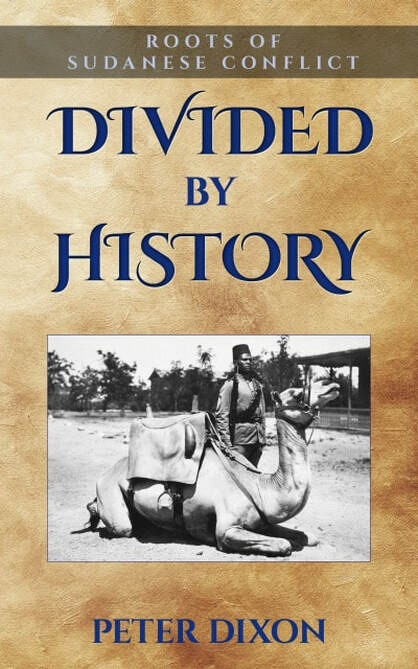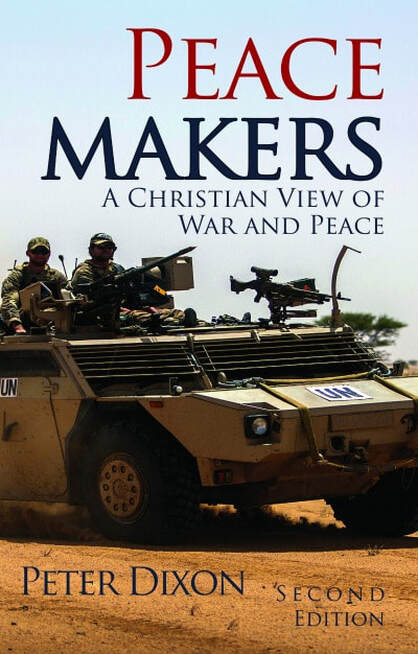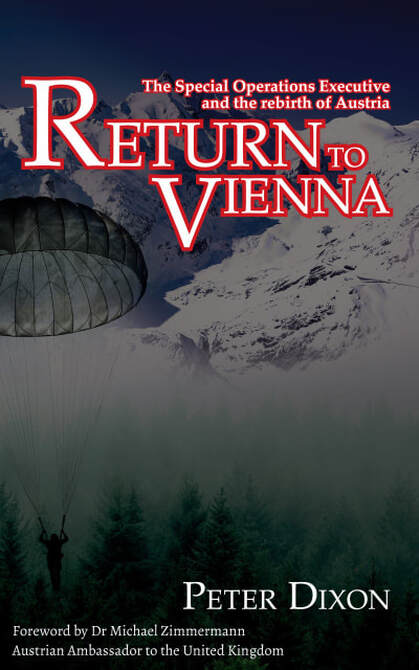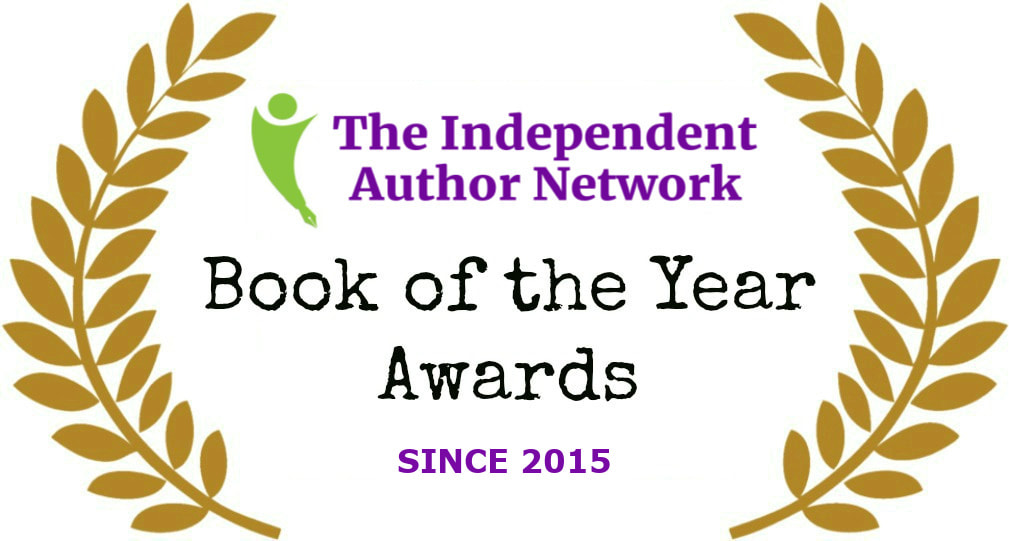Peter Dixon
|
Peter Dixon is a researcher, author and lecturer who writes non-fiction, with a focus on war and peace. He served for over 30 years as a Royal Air Force pilot, then led the non-profit Concordis International for over a decade in its conflict resolution work in Sudan and other divided societies. He completed his PhD at the University of Cambridge in 2015 on outside intervention in civil wars.
His latest book is Return to Vienna: The Special Operations Executive and the Rebirth of Austria, which joins his other two books on SOE: 'Guardians of Churchill's Secret Army', the stories of the men who joined the Special Operations Executive to keep Churchill's secret saboteurs safe, and 'Setting the Med Ablaze', the story of SOE's undercover North African base. His writing has included 'Amazon Task Force', the story of a medical expedition in the Peruvian Amazon, 'Peacemakers: A Christian View of War and Peace' and 'Divided by History: Roots of Sudanese Conflict'. He has also authored chapters in: 'Making Peace with Faith: The Challenges of Religion and Peacebuilding', 'Locally Led Peacebuilding: Global Case Studies', and 'Making and Breaking Peace in Sudan and South Sudan: The Comprehensive Peace Agreement and beyond'. |
Setting the Med Ablaze: Churchill's Secret North African Base
|
Military History
According to Winston Churchill, the Mediterranean was the key to defeating the Third Reich. And a crucial part of undermining Fascist power in Italy, France and the Mediterranean islands would be subversion and sabotage. But the undercover fighters needed a springboard to spearhead their operations in the ‘soft underbelly’ of Europe. Young women joined heroic soldiers, sailors and secret agents at the Special Operations Executive’s new North African base. Code-named Massingham, it was hidden away among pine trees by a Mediterranean beach. SOE, America’s OSS and the French intelligence agencies worked together to undermine cruel regimes. This is the remarkable story of Massingham. Its life was short. Less than two years after its formation, its multinational job was done. British, American, French, Italian, Spanish: together they played a key role in the Second World War. Alongside the espionage of MI6 and the strategic deception of ‘A Force’, Massingham’s men and women launched covert operations at dead of night: by parachute, by submarine, by canoe easing silently on to a deserted beach. This book reveals an aspect of WW2 history that has remained hidden for far too long. |
Guardians of Churchill's Secret Army: Men of the Intelligence Corps in the Special Operations Executive
|
Military History
What if you have to survive undercover in a hostile land? A single slip can lead to arrest, torture, execution. Who can be trusted? Discover what kept Churchill's secret saboteurs alive in occupied France, Holland or Thailand - or didn't! 'A fascinating and important study of a long-hidden corner of SOE history.' Dr Roderick Bailey, Pembroke College, Oxford, Advisor to BBC TV series ‘Secret Agent Selection: WW2’. The men and women who served as agents of the World War 2 Special Operations Executive were courageous. But courage was not enough. They also needed to learn the caution and suspicion that might just keep them alive, deep undercover in enemy territory. Guardians of Churchill's Secret Army tells the stories of the extraordinary men who taught them those skills and thought processes. They helped trainee agents learn how to seem innocuous while preparing resistance, subversion and sabotage. Each spoke several languages. Many became agents themselves and faced danger with great bravery; that’s part of their story too. All played a crucial role in the global effort to undermine the enemy. |
Divided by History: Roots of Sudanese Conflict
|
History
Do you wonder how the past affects today’s violent conflict? Tragic turmoil in Sudan and South Sudan reminds us how fragile peace can be. Sudanese civil wars were not ended by formation of a new state. Violence has continued in South Sudan and we see today that the North is by no means peaceful. Current politics matter. Yet the origins of today’s violence stretch back into past centuries. And much of Sudanese history has been about intervention and domination by foreigners. By telling the stories of some of these outsiders, Divided by History digs out the historical roots of Sudanese conflicts. Along the way, we meet - The 2,300 BC pioneer who braved the dangers of Egypt’s 'Wild South’ - The ambitious Albanian 'Turk’ who connived his way to becoming ruler of Egypt and Sudan - The devout Christian who was sent to relieve a besieged city - and gave his life - The meticulous general whose superior weaponry proved an unstoppable force - The adventurers, soldiers and even Olympic oarsmen who ruled a vast land while still young And we recognise the difficulty of escaping from our past and the importance of understanding it. |
Peacemakers: A Christian View of War and Peace
|
Christian
What does 'Blessed are the peacemakers' mean in practice? When is war a just war? Should outsiders intervene in civil wars, and how? How can Christians effectively engage in resolving conflict? How do we achieve reconciliation? Peter Dixon offers a moral framework on which to base our thinking about war and peace, undergirded by a solid confidence in God's sovereignty, as we face the uncertainty of the real world. 'I don't think we need to take responsibility for righting all the wrongs of the world like Superman.' he says. 'It is enough for us to do what we can, when we can, where we can.' Peacemakers evolves at another level too. As the author takes us down an icy Kabul street, or allows us to observe children celebrating a shaky peace in South Sudan, we experience first-hand the backcloth against which international peacebuilding takes place. |
Gain Save Give: Doing the Right Thing with Money
|
Christian Living, Personal Finance
"Money never stays with me. It would burn me if it did.” John Wesley John Wesley's eighteenth-century message about personal finance, 'Gain all you can. Save all you can. Give all you can.' is as radical today as it was three centuries ago. Perhaps more so. Gain Save Give updates Wesley's words for today's concerned Christian, and for all who want their money and resources to make a positive impact for good in the world. As we look forward to a post-pandemic world, this practical guide will help you: - Gain productively - Save efficiently - Give effectively Gain Save Give stands alongside best seller finance books by authors like Dave Ramsey and JL Collins, but focuses more on what we do with the resources with which we are entrusted. Each chapter concludes with some actions you can put into practice right away, so we can all get a little closer to using money for good. 'Peter Dixon's book takes John Wesley's thoughts and translates them for today's world. Wesley's genius is his absolute relevance for a contemporary world. I warmly commend this book to you.' Richard J Teal, President of the Methodist Conference. |
Return to Vienna: The Special Operations Executive and the Rebirth of Austria
|
WW2 History
'Captain Charles Kennedy' parachuted into a moonlit Austrian forest and searched frantically for his lost radio set. His real name was Leo Hillman and he was a Jewish refugee from Vienna. He was going home. Men and women of Churchill’s secret Special Operations Executive worked to free Austria from Hitler's grip. Many were themselves Austrians who had fled Nazi persecution. Trained and equipped by SOE, they courageously returned to their homeland. Some died in the attempt. Their moving stories are part of the history of how Austria recovered her sovereignty. 'An extraordinary and compelling account ... shines a light on the bravery of the agents, in a narrative told with colour and vivacity, yet great sensitivity and meticulous research', Dr Helen Fry, author of Spymaster. 'A valuable and well-researched account of a little-known aspect of SOE’s operations’, Paul McCue, Secret World War 2 Learning Network. |







